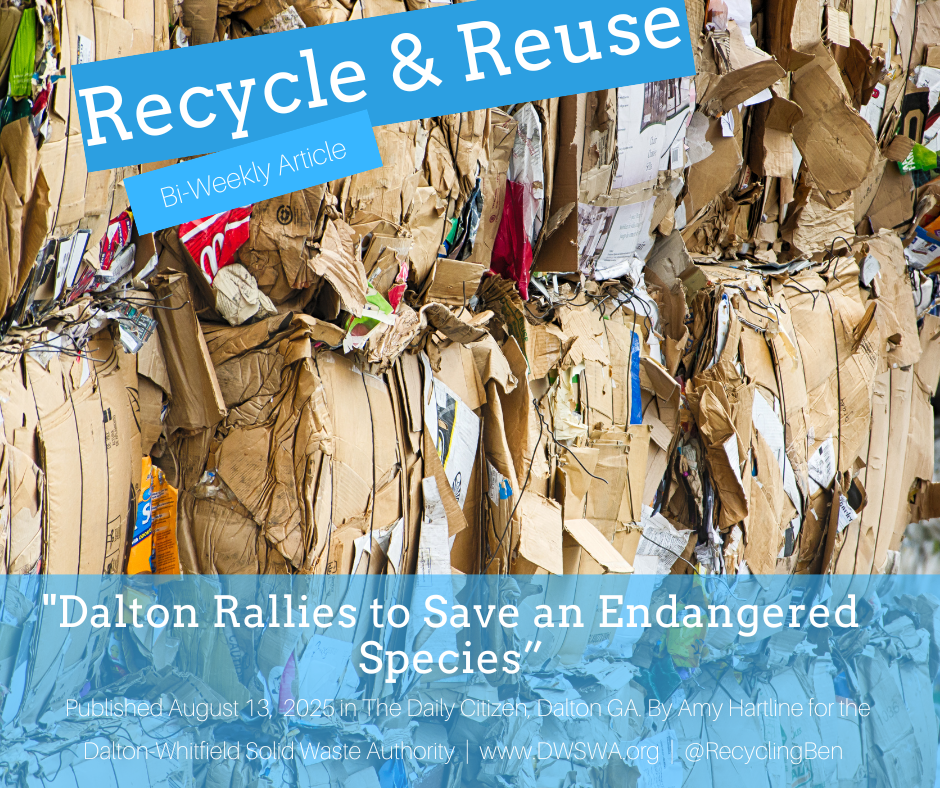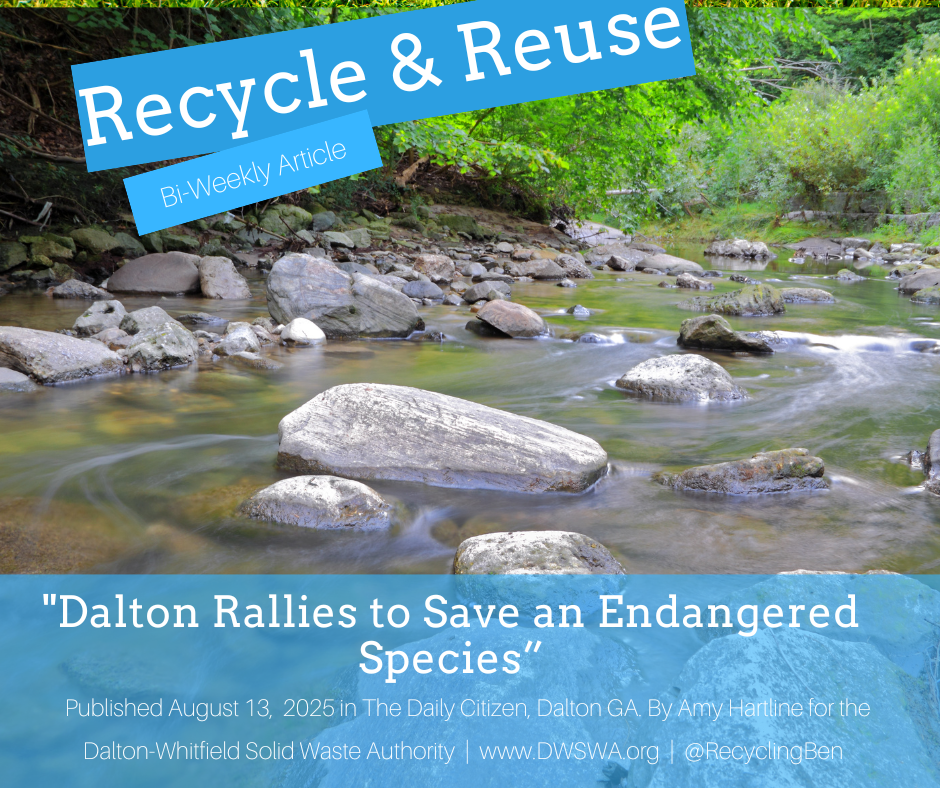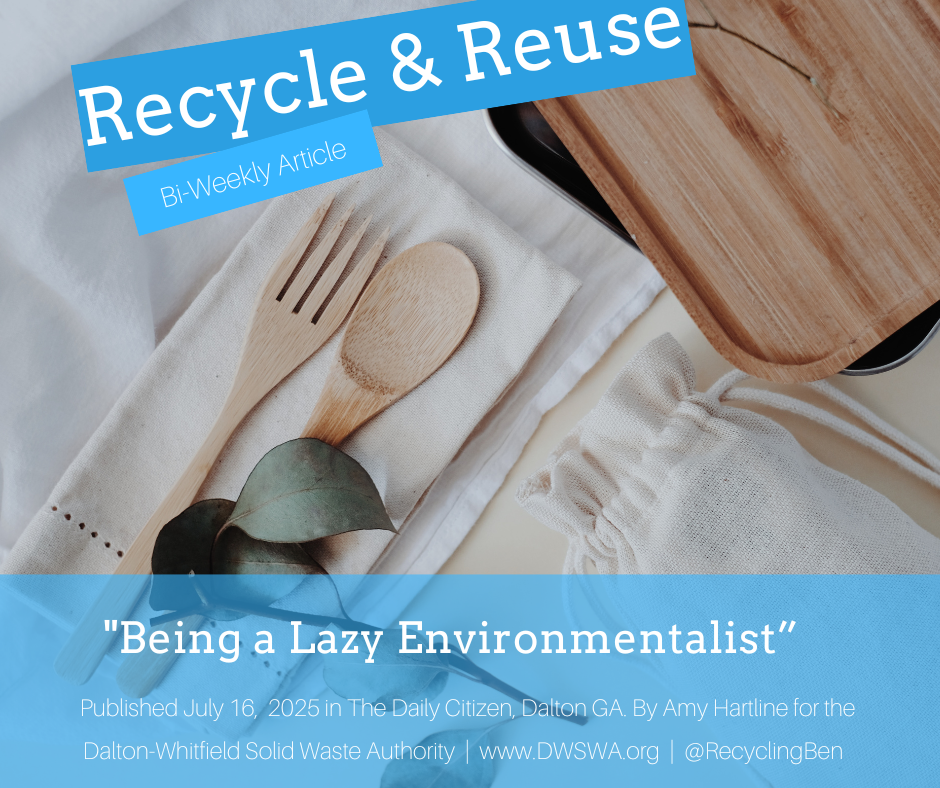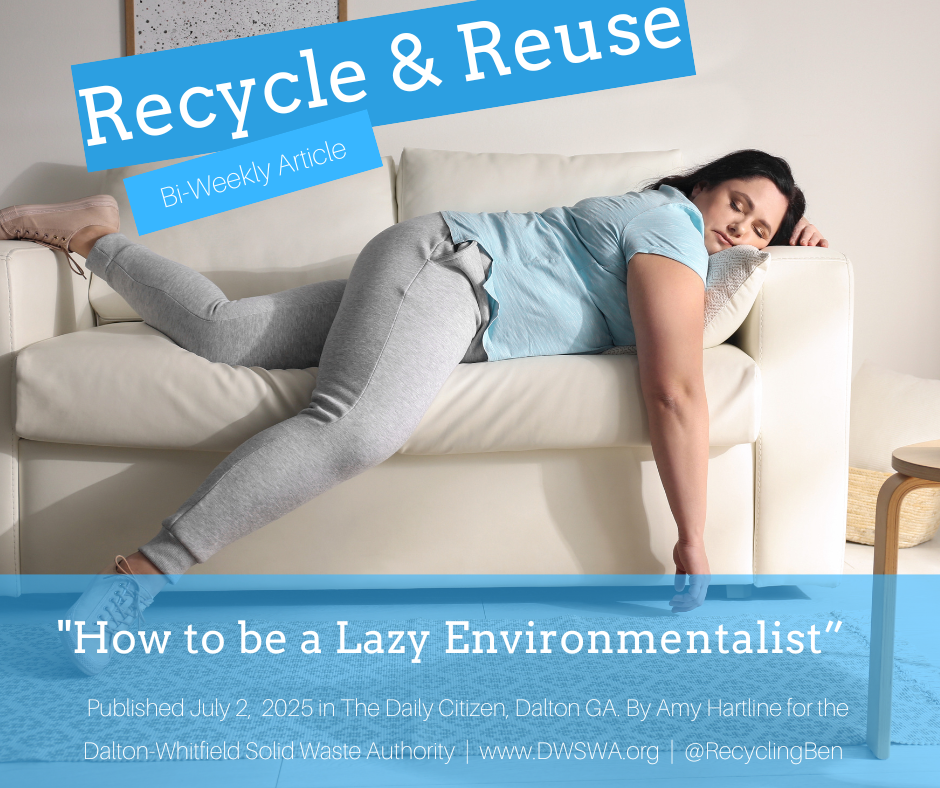Get more out of your food by freezing
/You go to make that broccoli you finally remember buying but when you pick it up out of the fridge it goes limp and may even look a little grey. Now the money you spent on that broccoli has gone to waste and it has become waste itself. There is a simple way to help keep this from happening over and over again this year though — just start freezing!
Freezing foods that can go bad quickly can lead to big changes in your eco-footprint for the 2021 year and your bank account. Getting started freezing your food can seem a little overwhelming, but armed with the right information it is easy to start adding this routine into your everyday life. Some 76 billion pounds of food is wasted and thrown away from U.S. households every year and most of that ends up in landfills where the rotten food is preserved forever. For busy or frugal people, learning to properly freeze food can make their cooking routines simpler, less worrisome and more environmentally-conscious.
The first thing to keep in mind when freezing foods may seem basic, but can sometimes go overlooked. It’s your freezer! Make sure your freezer environment is best for the foods you will be storing. Keep your freezer at zero degrees and keep an accurate thermometer. To help keep it at zero degrees, don’t ever put hot food in the freezer. If you are storing cooked meals, make sure to let it cool completely or it could thaw out the other foods stored.
Next, consider your storage. If you are freezing meat, remove it from its original container and wrap it in plastic wrap, foil or freezer paper and then place it in a freezer bag removing as much air as possible. I’m a fan of limiting single-use plastic and there are a couple of plastic-free options but they do have more of an upfront cost.
To store meat without plastic there are two options. You can use silicone freezer bags which are reusable. You can even boil or steam the contents within the bag itself. The other option is more expensive but can last you a lifetime. Using steamer pans can give you an organized freezer and keep the contents high-quality for a long time. To keep air out from the meat, you simply add a layer of water that protects the meat and keeps the moisture content to preserve the flavor.
For all non-meat foods, I try to freeze them in glass containers. The only important thing with using glass containers in the freezer is trying to use thicker glass jars and containers and leaving some room for expansion, especially for any liquids. Just like you don’t want to put hot food in the freezer, make doubly sure you never put hot jars in a freezer. The best practice would be putting the jar in the fridge for a couple of hours and then moving it to the freezer.
There’s a lot of misinformation out there about freezing your foods and it’s important to know ahead of time what the common myths are. Freezing your food and meals will increase their shelf lives drastically, but don’t plan on keeping them in the freezer forever because it will lose quality after a long period of time. You can look up recommended storage times at FoodSafety.gov to figure out how long you can keep each item. Another myth is that once your food has been thawed you can’t freeze it again and this simply isn’t true. The only rule for re-freezing food is that it needs to have thawed for at least two hours before you put it back in the freezer to keep it safe to eat!
To give you an idea of the limit of what foods can be frozen take a walk through the freezer section of the grocery store the next time you shop. You’ll find the limit to what has been frozen to be very small and get plenty of ideas for what you can start freezing at home to preserve your food.
In today’s fast-paced world and with the yearly increases in-home food waste it is incredibly important to know how to preserve food as long as possible and learning to freeze the food can save you from headaches and the planet from trash.
Amy Hartline is the recycling and education program coordinator for the Dalton-Whitfield Solid Waste Authority. Have a recycling question? Contact her at (706) 278-5001 or at ahartline@dwswa.org.
































